1967 Plymouth Fury For Sale – In this digital age, it often feels like there’s no such thing as privacy anymore, and that’s because we’ve essentially agreed to sell pieces of ourselves in exchange for recognition, affirmation, or even money. Whether through local thrift stores, online marketplaces, or garage sales, the option to buy pre-owned items has created a flourishing market that continues to grow. In a world that often prioritizes convenience
The notion of a business for sale is one that captures the imagination of many. For those who enjoy the tactile experience of shopping and the sense of discovery that comes with it, thrift stores offer a personal and immersive way to shop for second-hand items. The marketplace for second-hand items continues to grow, driven by economic, environmental, and cultural factors. The closing process also involves transferring the business’s assets, such as inventory, property, intellectual property, and customer contracts, to the new owner. The sale and purchase of second-hand goods play a pivotal role in this transition, demonstrating how individuals can make a meaningful impact through everyday choices. It is also important to check the seller’s reputation and read reviews or feedback from previous buyers. Second-hand goods for sale are no longer seen as inferior or out-of-date, but rather as a conscious, stylish, and eco-friendly choice. People often feel like they are for sale, too, in various ways. The desire for more, the constant pursuit of bigger profits and greater influence, can lead to exploitation. Whether buying or selling, the process requires careful consideration, transparent communication, and a thorough understanding of both the financial and operational aspects of the business. Buyers can often filter search results by price, condition, and location, making it easier to find the best deals. In this broader sense, the concept of “for sale” is not just about the exchange of goods; it’s a driving force in the global economy, influencing how people live, work, and interact with the world around them. Vintage items, antiques, and pre-loved goods often carry stories and histories that new products simply cannot replicate. For sellers, this creates an opportunity to declutter their homes and make some extra money, while buyers have access to a vast marketplace of affordable, unique, and sustainable products. The most obvious benefit is the cost savings. To mitigate this risk, buyers should ask for detailed photos, read product descriptions carefully, and inquire about the condition of the item before making a purchase. Love becomes about what someone can provide in terms of material or emotional benefit, and friendships become alliances, where loyalty is traded for favor or influence. Sellers can list items with detailed descriptions and high-quality photos, giving potential buyers a clear understanding of what they are purchasing.
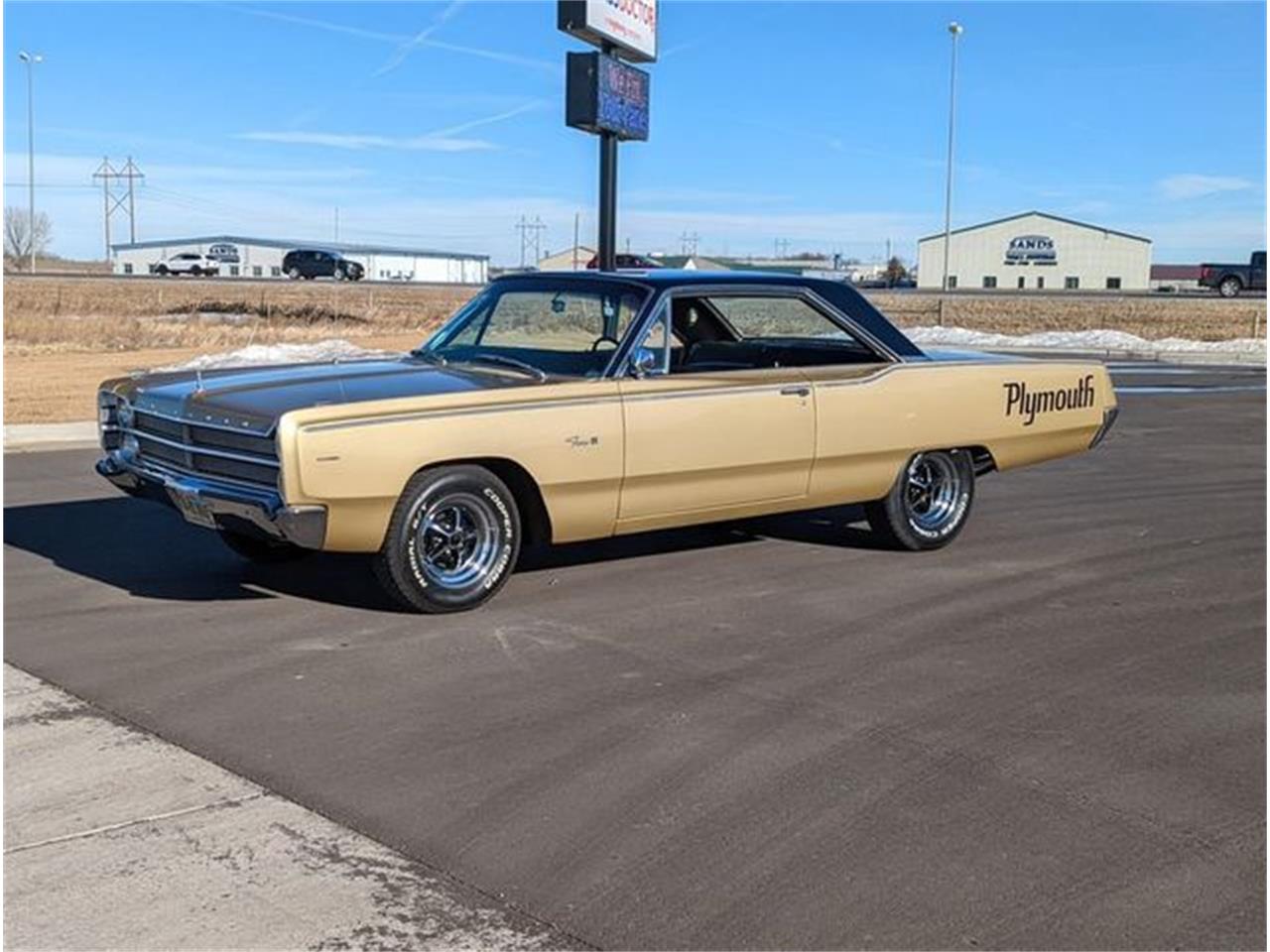
1967 Plymouth Fury for Sale CC1572148
Curated collectionhuge showroom of carsfinancing optionsover 5 years in business 30 day return policyover 10 million car partssave off dealer pricesfast shipping
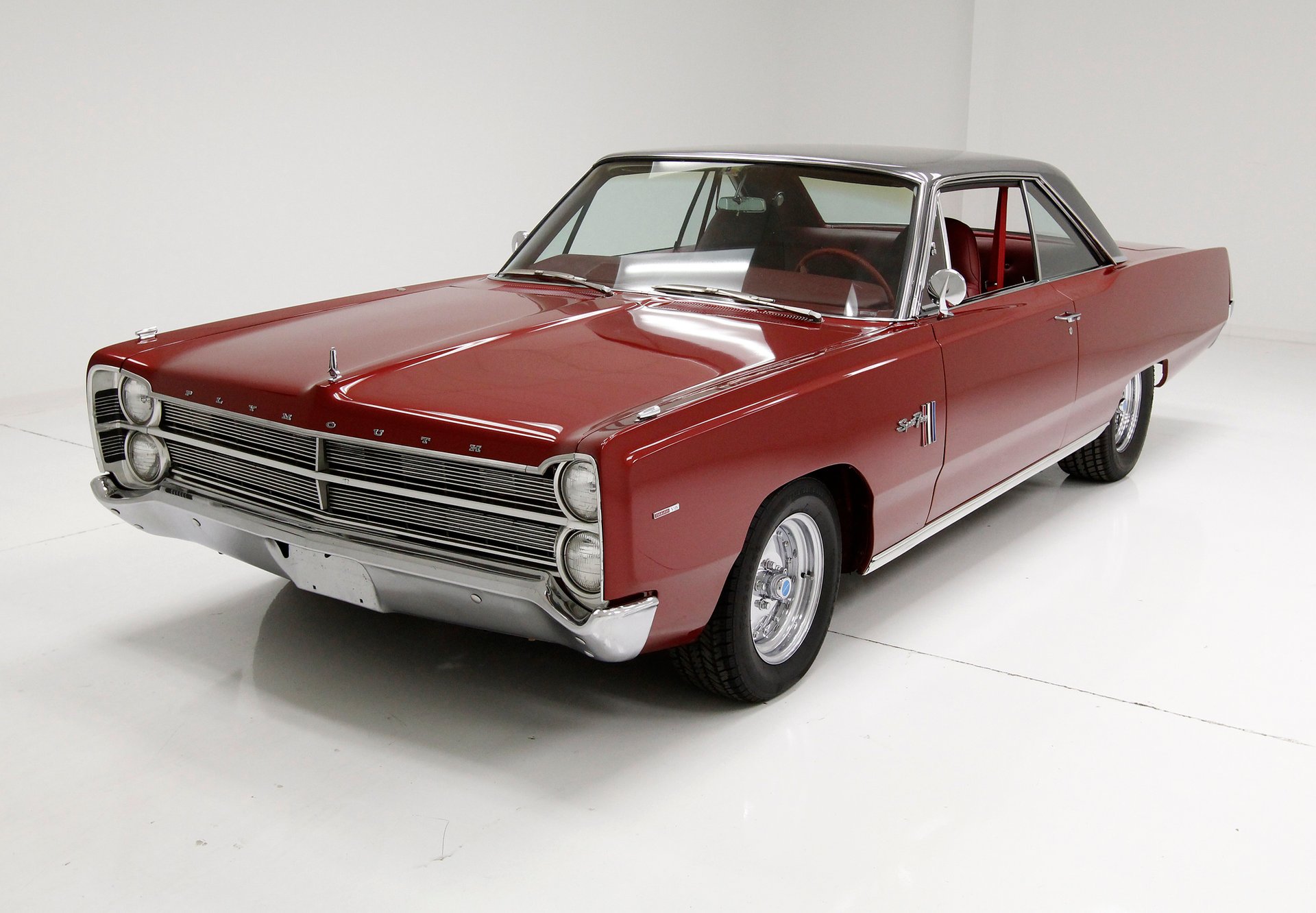
1967 Plymouth Sport Fury American Muscle CarZ
Curated collectionhuge showroom of carsfinancing optionsover 5 years in business 30 day return policyover 10 million car partssave off dealer pricesfast shipping
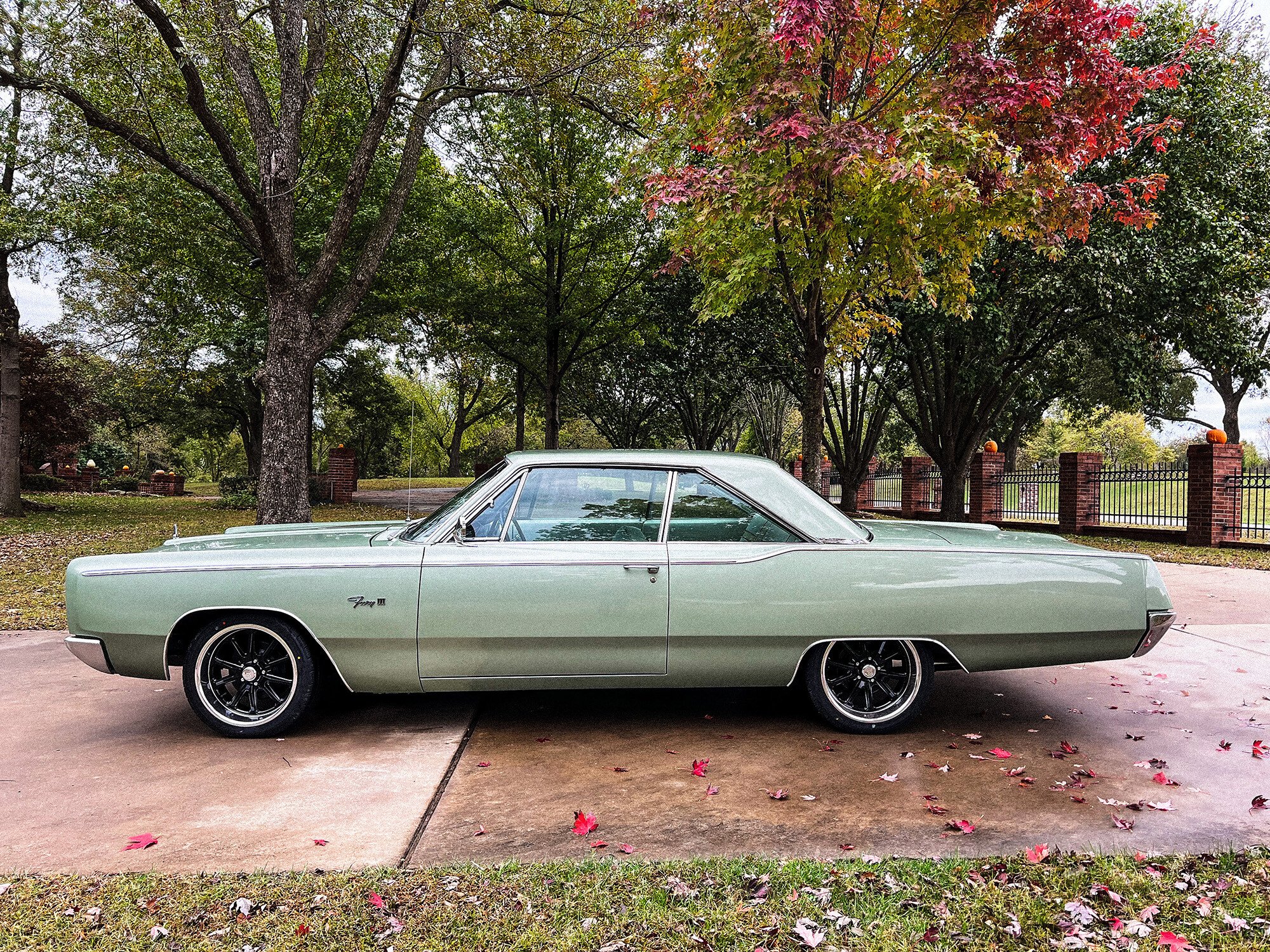
1967 Plymouth Fury Classic Cars for Sale Classics on Autotrader
30 day return policyover 10 million car partssave off dealer pricesfast shipping Curated collectionhuge showroom of carsfinancing optionsover 5 years in business
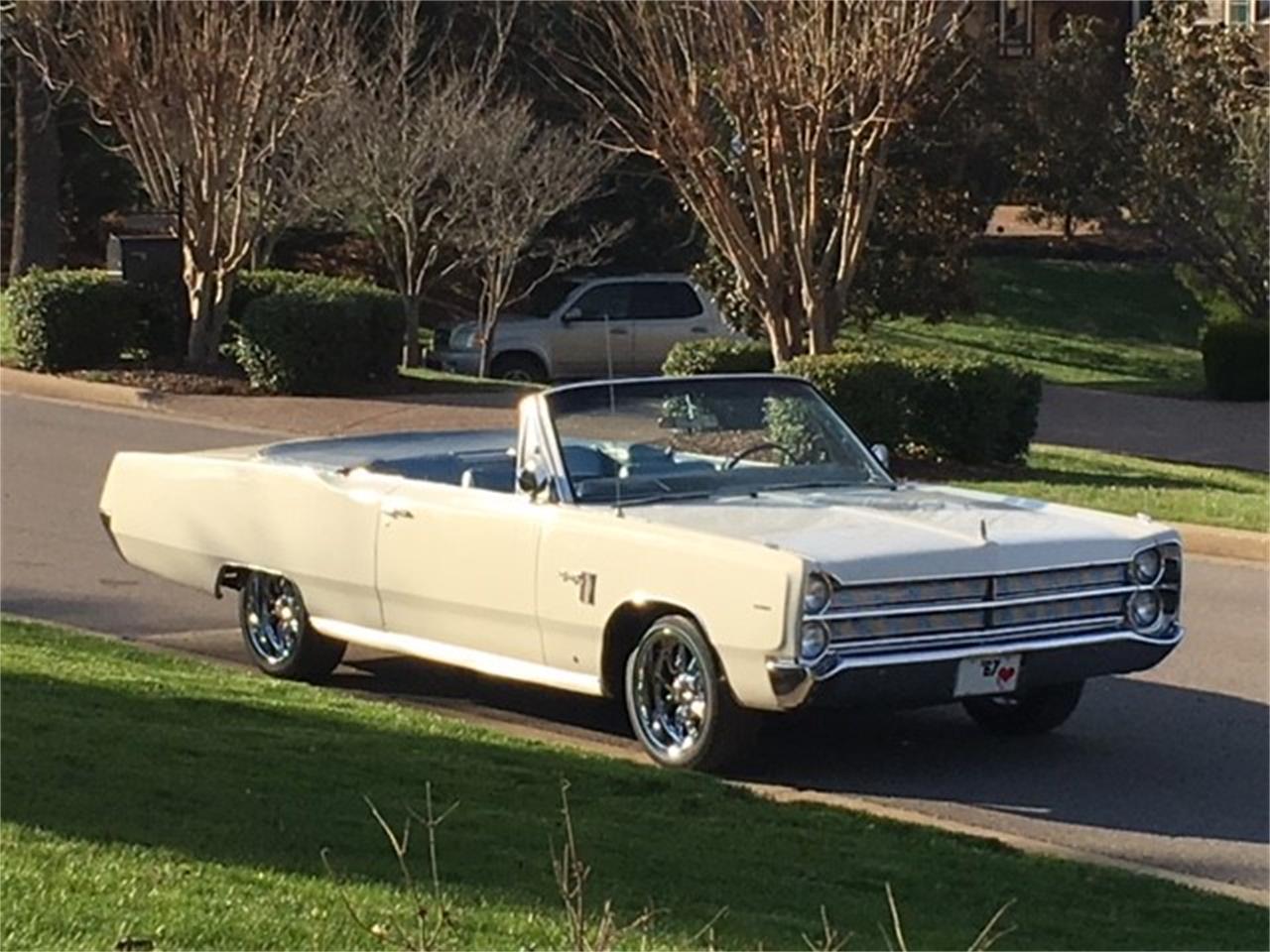
1967 Plymouth Sport Fury for Sale CC1049524
30 day return policyover 10 million car partssave off dealer pricesfast shipping Curated collectionhuge showroom of carsfinancing optionsover 5 years in business
1967 PLYMOUTH SPORT FURY III CONVERTIBLE 63,000 ORIGINAL MILES
Curated collectionhuge showroom of carsfinancing optionsover 5 years in business 30 day return policyover 10 million car partssave off dealer pricesfast shipping
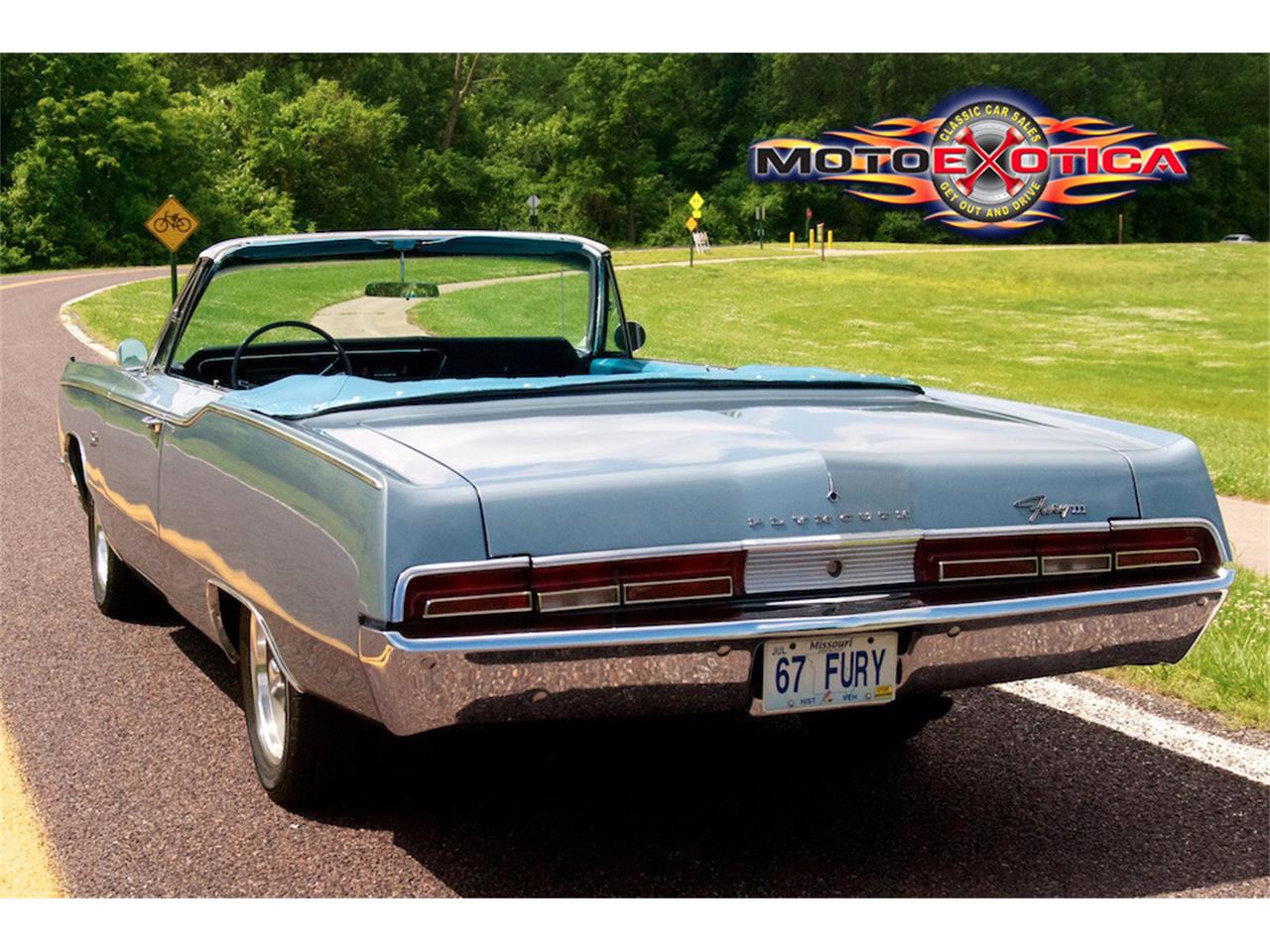
1967 Plymouth Fury for Sale CC679479
30 day return policyover 10 million car partssave off dealer pricesfast shipping Curated collectionhuge showroom of carsfinancing optionsover 5 years in business

1967 Plymouth Sport Fury for sale 80168 MCG
Curated collectionhuge showroom of carsfinancing optionsover 5 years in business 30 day return policyover 10 million car partssave off dealer pricesfast shipping
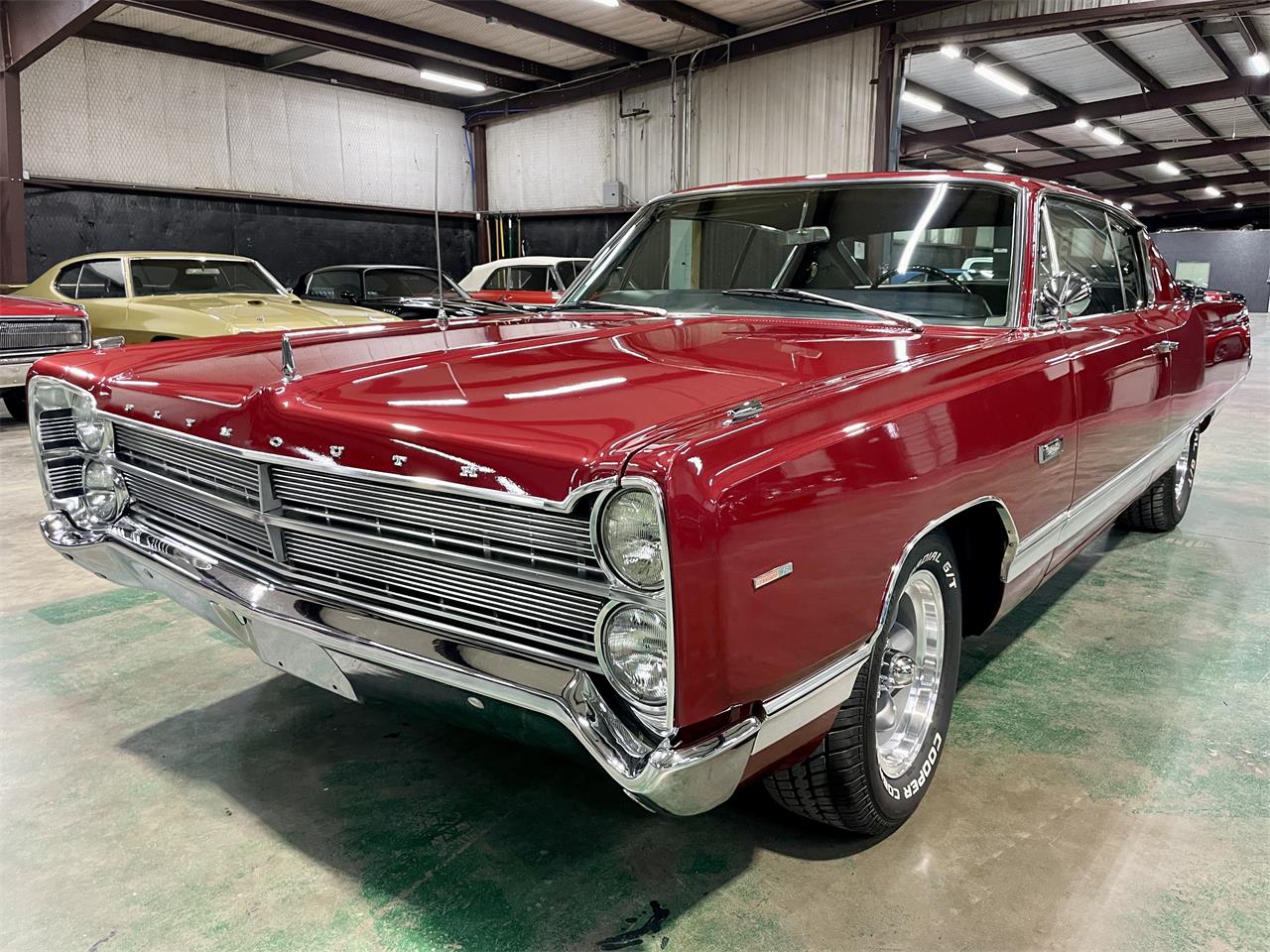
1967 Plymouth Fury for Sale CC1583490
Curated collectionhuge showroom of carsfinancing optionsover 5 years in business 30 day return policyover 10 million car partssave off dealer pricesfast shipping

1967 Plymouth Fury III for Sale CC992559
Curated collectionhuge showroom of carsfinancing optionsover 5 years in business 30 day return policyover 10 million car partssave off dealer pricesfast shipping
1967 PLYMOUTH SPORT FURY III CONVERTIBLE 63,000 ORIGINAL MILES
30 day return policyover 10 million car partssave off dealer pricesfast shipping Curated collectionhuge showroom of carsfinancing optionsover 5 years in business
Whether it’s a handmade leather bag, a vintage watch, or a luxury car, the term “quality” brings with it an expectation — an assurance that the item in question has been crafted with care, attention to detail, and materials that can stand the test of time. Whether through their durability, aesthetic appeal, or the values they embody, these products go beyond simple transactions. It carries the marks of life’s moments: the road trips, the adventures, the daily commutes, the memories of friends and family. In some cases, a business may look profitable but may be hiding significant underlying issues, such as declining sales, ineffective marketing strategies, or employee dissatisfaction. Some need the money, some want to declutter, and others might feel the urge to let go of possessions as they enter new phases in their lives. The items placed for sale are not merely commodities; they are often vessels of memories, symbols of past achievements, or representations of something bigger than the price tag they carry. Manufacturing new items requires energy, raw materials, and natural resources, all of which contribute to environmental degradation. Online business-for-sale marketplaces have made it easier than ever for individuals to find opportunities, compare businesses, and evaluate the potential of various investments. The act of selling a home is a deeply emotional process, and when it’s completed, there’s a sense of closure and anticipation for what comes next. But in the end, whether it’s an item or an individual, the process of being “for sale” is a negotiation of worth, a moment of exchange. This can bring about feelings of uncertainty, as there’s no guarantee that the right buyer or partner will come along. For some, the thrill of hunting for unique, one-of-a-kind items is as much a part of the experience as the purchase itself. Additionally, purchasing second-hand electronics can be a way to access high-end models at a lower price. Overpricing an item can lead to it sitting unsold, while underpricing it can result in lost potential revenue. For the buyer, acquiring such a piece may carry with it the honor of preserving a legacy, or the satisfaction of adding a unique, timeless item to their own collection. Through online marketplaces and platforms, small businesses and independent creators can sell their goods to a global audience. They believe that certain things, like love, loyalty, and friendship, should be above the reach of commerce. The market for second-hand goods is also influenced by societal trends and economic conditions. A well-maintained, quality leather jacket may last a lifetime, whereas a low-cost alternative might only hold up for a couple of seasons. They walk into a space that holds the potential for their own memories to be created, for their own life to unfold.
The idea that everything has a price, and that everything is for sale, may seem like a grim outlook, but it’s one that has become increasingly true. The rise of minimalist living, which emphasizes owning fewer, more meaningful possessions, has played a role in this shift. We are all participants in a vast, interconnected economy, one that doesn’t just involve physical goods but extends to ideas, relationships, and even identities. This stage can involve a variety of specialists, such as accountants, lawyers, and industry experts, who can provide a comprehensive evaluation of the business. For many people, there is something uniquely satisfying about sifting through racks of clothes, rummaging through bins of books, or browsing shelves of home goods in search of that perfect item. One of the primary reasons people turn to second-hand goods for sale is financial. In the end, the real challenge is to navigate this world — to understand the forces of commerce that shape our lives, while holding onto those things that remain beyond the reach of money. The possibilities are endless, and the result is often something more unique and personal than what could be bought new. When we begin to view everything through the lens of commerce, it’s easy to lose sight of the things that make life worth living — the moments that aren’t for sale, the experiences that can’t be bought. Business brokers play a key role in facilitating the transaction by acting as intermediaries between the buyer and seller. For the seller, the goal is often to maximize the value of the business, while for the buyer, the focus is on ensuring that the investment is sound and that the business can continue to thrive under new ownership. Upcycling is a great way to make the most out of second-hand goods, adding both value and meaning to the items that are being repurposed. While the sale of a business can provide a valuable opportunity for both parties involved, it also carries risks. With the rising costs of new products, especially in categories like electronics, clothing, and furniture, purchasing second-hand items can offer significant savings. Take, for example, a high-quality piece of furniture — a well-crafted sofa or dining table can last for decades if maintained properly. They become part of the story of the buyer and the creator, connecting people to a tradition of excellence, heritage, and care. The ability to share knowledge, ideas, and resources has empowered individuals in ways that were previously unimaginable. Sellers also have to deal with the emotional aspects of letting go of a business that they may have built over many years. But what about the intangible things? Can memories be bought? Can feelings, emotions, or connections be traded? In a sense, many people would argue that in today’s world, even the intangible is up for grabs. They are intended to last for a limited amount of time, after which they become outdated, broken, or no longer functional.